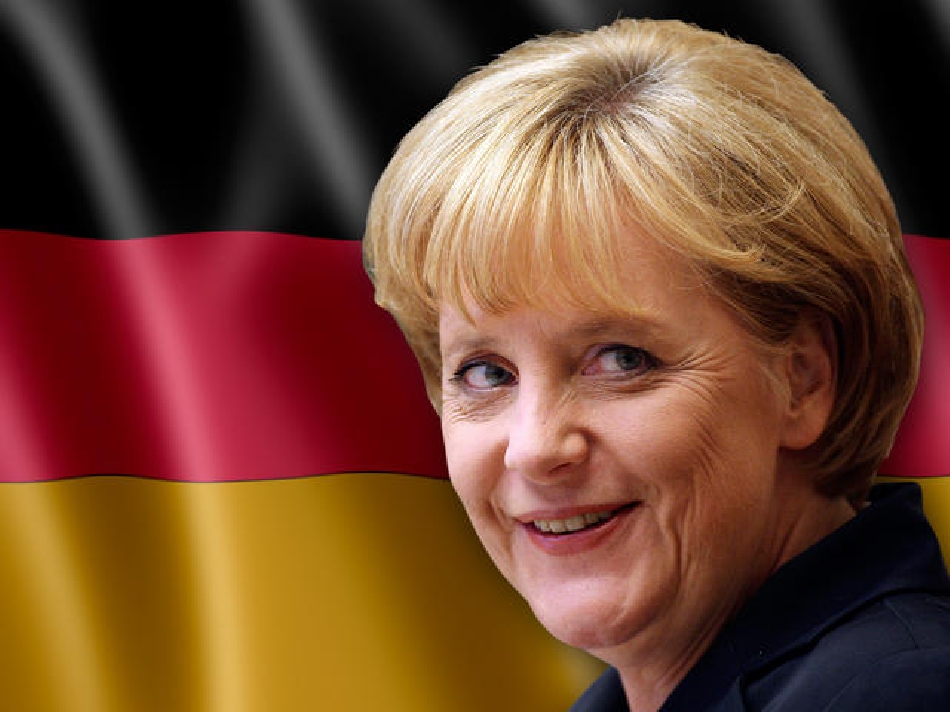Politics after the elections
An outlook of Germany's political prospects following last months elections

Bogdan Matei, 04.10.2013, 12:57
As the first among equals in the EU, Germany has the most influence among European Union countries. Its large population and sound economy in the middle of a continent crippled by the crisis, as well as its consistency in matters of foreign policy grant Germany weight in difficult European decisions. In a few of these cases, says the press, the decisions were postponed until after the results of last month’s elections in Germany.
Some of these decisions are leverage for the banking union, extending aid to Greece past the present rescue package, and a strategy for Ireland to emerge from its own financial difficulty. Inevitably, the elections will echo beyond Germany’s borders. The Christian Democrats won 42% of the vote, beating their main rivals, the Social Democrats, who only won 26%. The government coalition has not had complete success, however, because Merkel’s traditional partners, the Liberal Democrats, have not managed to get over 5% of the vote, and as a result have not made it to Parliament. Political analyst Cristian Parvulescu explains:
Cristian Parvulescu: “This is no surprise. Everyone expected such a result, especially since one week ahead of federal elections there had been state elections in Bavaria, where the allies of the Christian Democratic Union, the Social Christian Union, had also scored historically, while the Liberal Democratic Party suffered a historical defeat, which anticipated what was about to happen one week later. At that point it was obvious for German pundits that the situation was clear-cut. In fact, the only unknown in the elections in Germany was who Angela Merkel was going to form an alliance with, the Liberal Democrats or the Social Democrats. If the Liberal Democrats were not to make it to Parliament, and they didn’t, then a grand coalition with the Social Democrats was predictable.”
Professor Parvulescu anticipates that the so-called ‘grand coalition’ of the two heaviweights on the German political stage will be inevitably asymmetrical. Social Democratic leader Peter Steinbruck resigned right after the defeat, creating a power vacuum inside the coalition. The Social Democratic junior partner cannot influence the decisions of the future cabinet, especially given that its head has already adopted some of their campaign themes.
Cristian Parvulescu: “Angela Merkel has quite some room for maneuver, which is wide to the extent that the Social Democrats did not manage a good score, even though they gained in comparison to four years ago. At the same time, once they are part of the government, they will be very limited in action and will not be able to influence government policy. This does not mean that austerity will continue in Europe. Angela Merkel had already announced some changes and measures, such as the introduction of a minimum wage, which many of the German poor had been expecting for a long time, and that would have already occurred without a grand coalition, because, paradoxically, even though Germany is a highly developed country, it has never had a minimum wage.”
The green party, voted by about one tenth of Germans, and which is now the third political faction in Germany, said they were available as a governing partner alongside the Christian Democrats. Cristian Parvulescu, however, is sure that such a cabinet is less probable:
Cristian Parvulescu: “This alliance with the Greens does not have a lot to say, as long as Angela Merkel has already made the decision to shut down nuclear plants and resort to other resources after the Fukushima disaster two years ago, which worried the public in Germany a lot.”
At the same time, according to a two-decade-old formula, the French-German leadership of the European Union readies for a fresh start. According to Philippe Ricard, European policy commentator for Le Monde, the most important issue coming up will be harmonizing the new governing coalition in Berlin with an old Conservative chancellor, voted once again by popular vote, and the socialist administration in Paris, whose president, Francois Hollande, and his government, are losing popularity fast. The European Union and its ability to have a say in global affairs depend on French-German dialog.






























